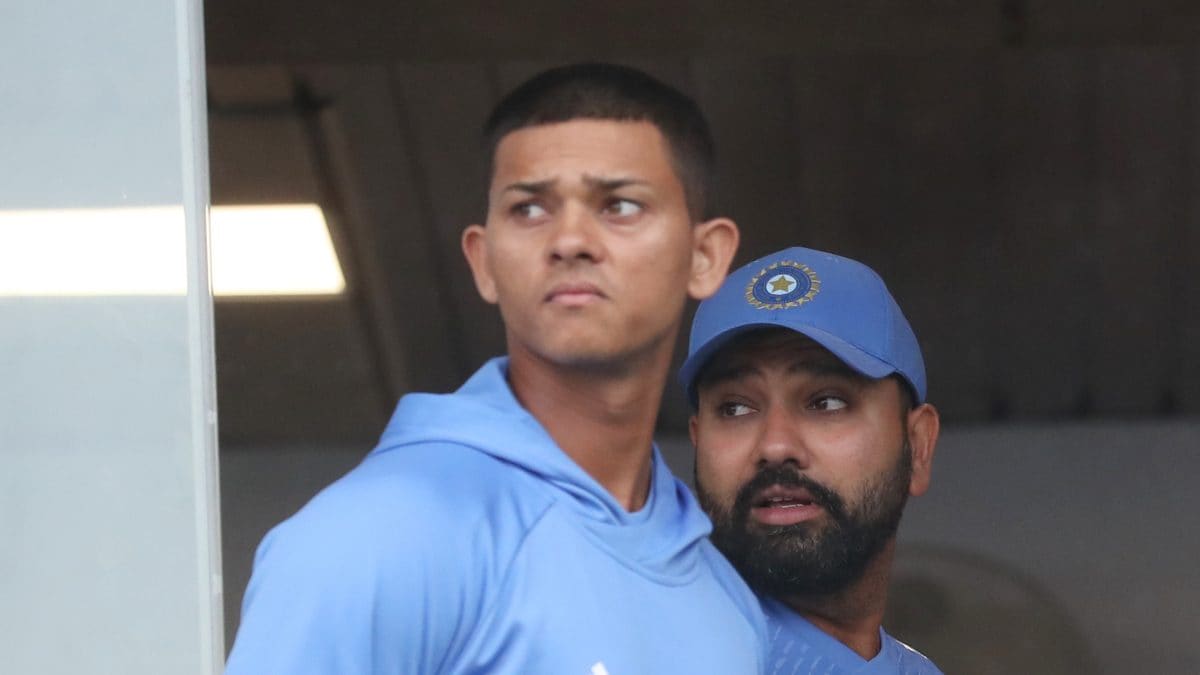 |
|
The fourth Test match of the 2024-25 Border-Gavaskar Trophy between India and Australia witnessed a controversial incident involving Indian opener Yashasvi Jaiswal's dropped catches and the subsequent reactions from captain Rohit Sharma and Virat Kohli. Jaiswal, despite being generally considered one of India's better fielders, had an off day, dropping three catches, including a crucial straightforward chance off Marnus Labuschagne. This lapse in concentration sparked a strong, and arguably negative, response from the Indian leadership. The visible anger displayed by Rohit and Kohli towards Jaiswal became a focal point of post-match discussion and analysis, particularly among Australian commentators.
Australian cricketing figures, including Darren Lehmann, Mike Hussey, and Alyssa Healy, expressed their disappointment and concern regarding the actions of Rohit and Kohli. Lehmann, a former Australian coach, specifically highlighted the contrast between Rishabh Pant's supportive approach towards Jaiswal, offering encouragement and understanding, and the demonstrative anger exhibited by the Indian captain and star batsman. He lamented the lack of empathy shown by Rohit and Kohli, stating that their behavior was detrimental to a young player already struggling with the consequences of his mistakes. Lehmann's critique emphasized the importance of leadership in providing support and fostering a positive team environment, even in the face of setbacks.
Hussey, a former teammate of Rohit's at the Mumbai Indians, directed a sharper critique towards the Indian captain, explicitly condemning his reaction as unbefitting of a leader. He argued that a captain's role should be to instill calm and provide support to their players, especially in challenging moments. Hussey's analysis emphasized that even experienced players make mistakes, and reacting with anger only exacerbates the situation and potentially damages player morale. The significance of this incident lies not just in the dropped catches themselves, but in the leadership displayed by those in positions of authority and its potential impact on team dynamics.
Healy, the Australian women's cricket team captain, further amplified the criticism, highlighting the importance of a supportive team environment, particularly considering Jaiswal's role as an opening batsman. She pointed out that Jaiswal's contributions with the bat are crucial for India's success in the match and that his morale needs to be protected. Her comments underline the interconnectivity of batting and fielding performances, underscoring the importance of maintaining a positive atmosphere to optimize overall team performance. The incident highlights the delicate balance between maintaining high standards and creating a supportive environment for players, especially younger ones, within high-pressure sporting environments.
The incident raises broader questions about leadership styles in cricket, particularly the balance between demanding high performance and fostering a supportive team environment. The contrasting reactions of Pant and Rohit/Kohli highlight different leadership approaches and their potential impact on player morale and overall team performance. The focus on Jaiswal's performance, his dropped catches, and the subsequent reaction from the Indian captain and senior players has sparked a debate about the best way to manage player errors and the critical role of leadership in shaping team culture and success. Further analysis of this incident could contribute valuable insights into leadership training, team dynamics, and the importance of fostering resilience among players facing setbacks in high-stakes competitions.
The incident also underscores the pressure and scrutiny faced by athletes at the elite level of professional sports. Jaiswal's mistake, although significant in the context of the match, is not uncommon. Many elite players have experienced similar moments of lapse in concentration during their careers. However, the magnitude of attention brought to this incident stems from the highly visible and televised nature of international cricket, the prominence of the players involved, and the critical stage of the Border-Gavaskar Trophy. The analysis should not just be confined to the reactions of the senior players, but also extend to the support systems in place to provide appropriate guidance and mentoring to younger players facing such pressure.
Ultimately, the discussion surrounding this incident transcends the specific game and highlights the importance of constructive feedback, emotional intelligence, and empathetic leadership in high-pressure sporting environments. The diverse perspectives offered by the Australian commentators provide a valuable lens through which to examine the complexities of team dynamics, leadership, and the need for a supportive culture within professional cricket. Furthermore, the incident prompts a wider reflection on the challenges and pressures faced by young athletes at the highest levels of competition and the crucial role of experienced players and coaching staff in nurturing their growth and resilience.
Source: 'The Poor Kid': Aussie Pundits Slam Rohit, Kohli For Angry Reactions At Jaiswal's Drop
